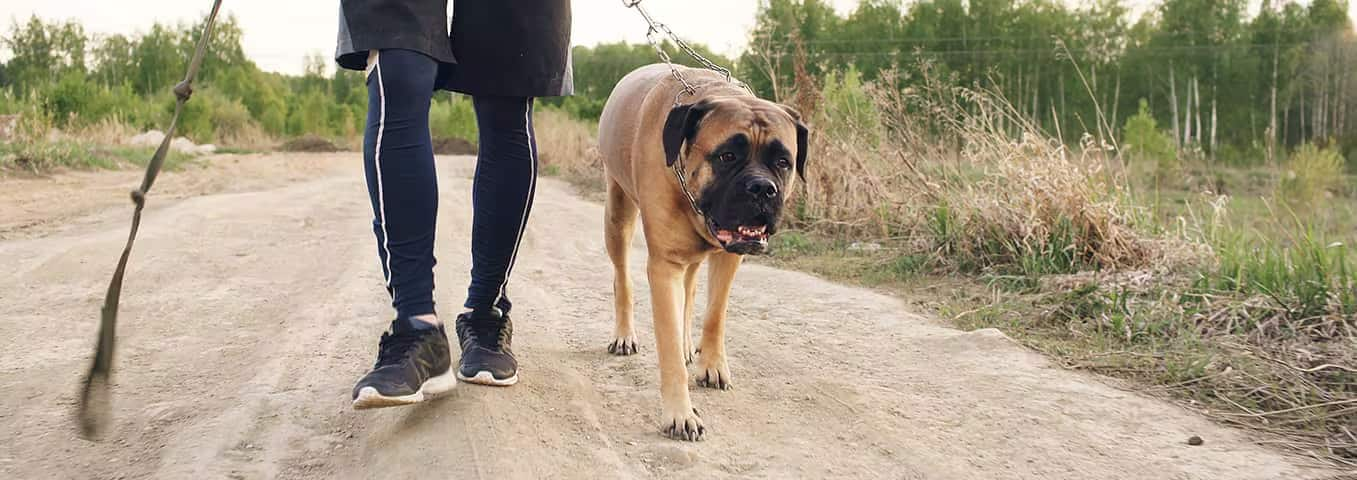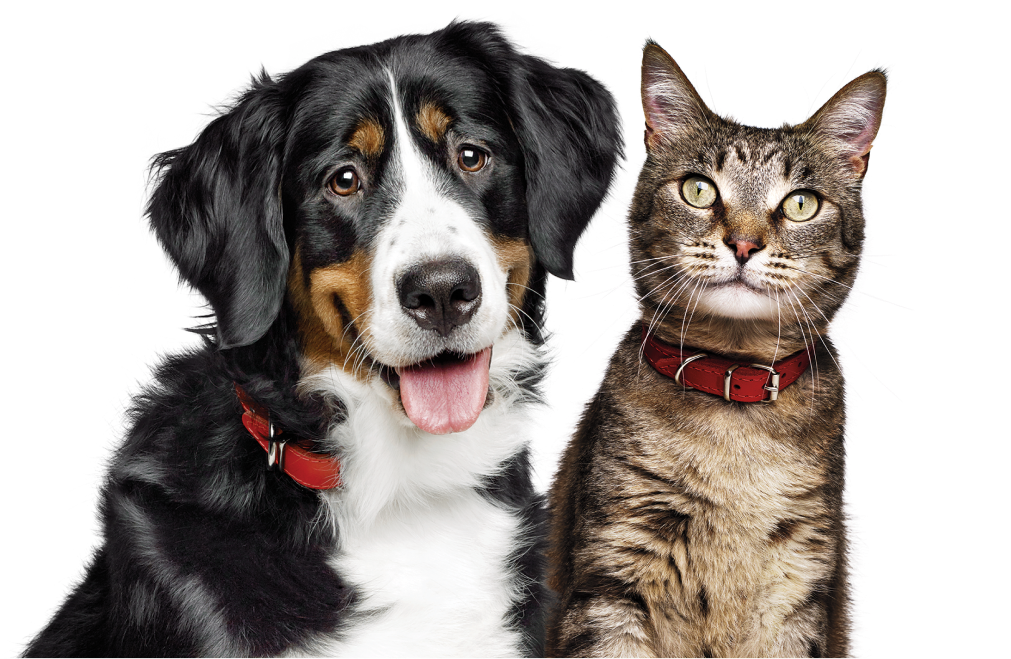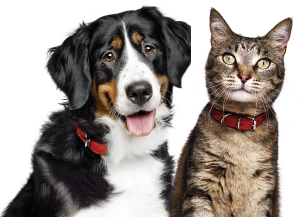Bullmastiffs are gentle and affectionate with family members. Their generally calm, easy-going natures make them good dogs for families with reasonably well-behaved children. However, the bullmastiff's laid-back attitude with family members is likely to change when a stranger enters the picture. These dogs tend to be quite suspicious of people outside the family.
For all his family-oriented loyalty, the bullmastiff is no pushover. He can be an independent thinker, which can make training a challenge. He also may be less tolerant of a family's animal members than of its human members. Caution may be in order if you're thinking of adding a bullmastiff to your menagerie.
A family with a bullmastiff will be rewarded with a loving, loyal companion. However, despite the dog's generally easy-going nature, supervision is imperative when the dog is around children as the dog is so large that it could inadvertently knock a child over. Socialization and training are crucial to living successfully with this breed. By exposing the dog to as many new people, places and situations as possible, especially when he's a puppy, he may be less suspicious of visitors and people he doesn't know. The short coat makes his grooming needs minimal and he sheds little.
If you're adding a bullmastiff to your family, consider buying him a bib as these dogs tend to slobber and drool quite a bit. They also are known for snoring. As is true with most very large breeds, the bullmastiff doesn't live as long as smaller dogs do. Average life expectancy is about eight to 10 years.
The bullmastiff was developed during the mid-19th century by British gamekeepers to protect country estates from poachers. By crossing the larger mastiff with the bulldog, breeders were able to develop a powerfully built but active animal that could cover short distances quickly, knock a poacher down to the ground, and hold him there until the gamekeeper arrived to apprehend the intruder.
Today, however, the bullmastiff is more likely to be an easygoing, loyal and loving family pet than a poacher's worst enemy. "The gamekeeper's night dog" can now be found lounging in family homes and competing in show rings. The breed was recognized by the AKC in 1933.






















